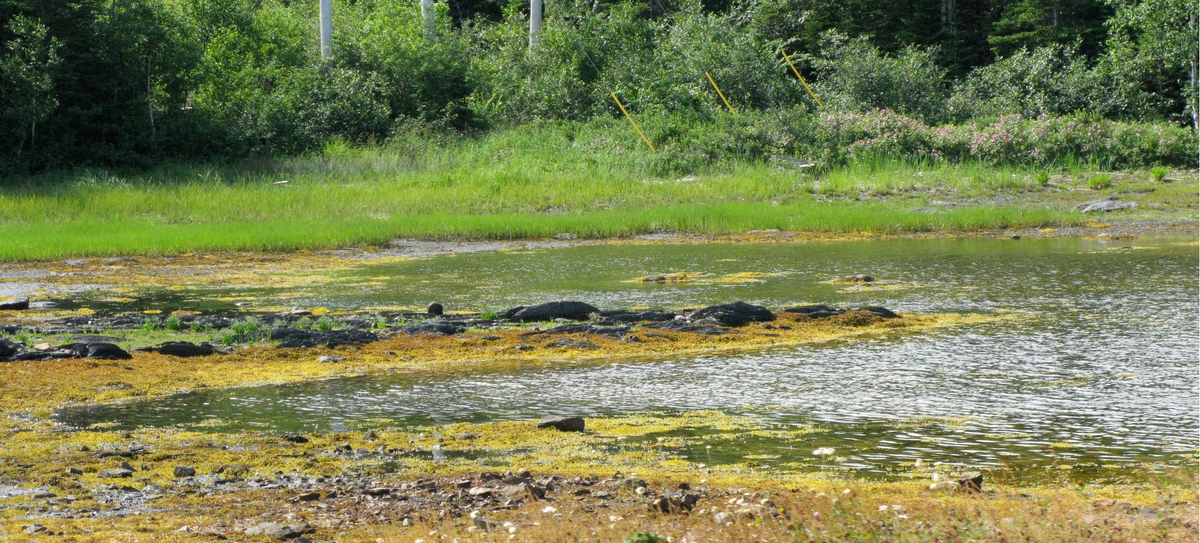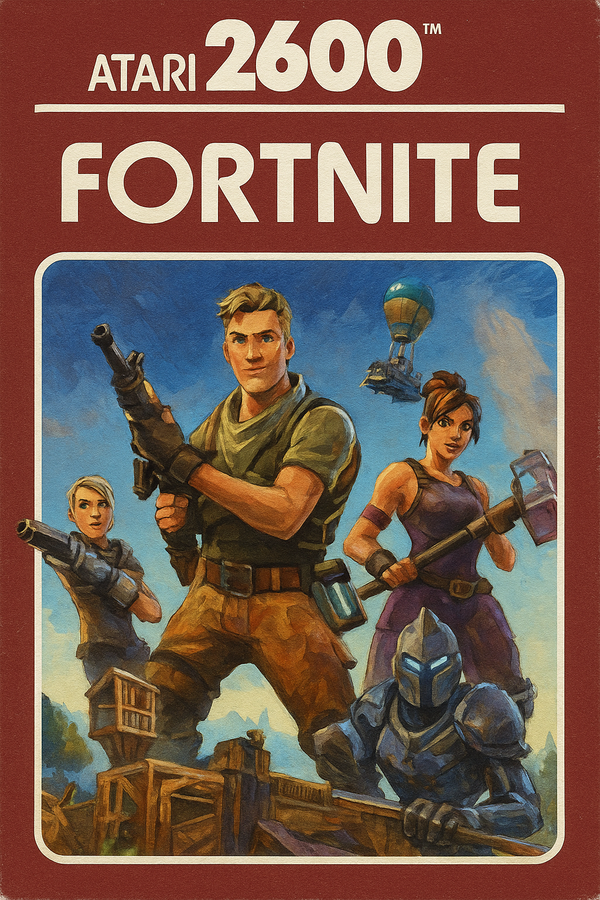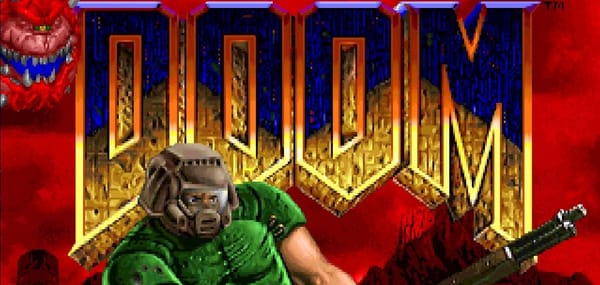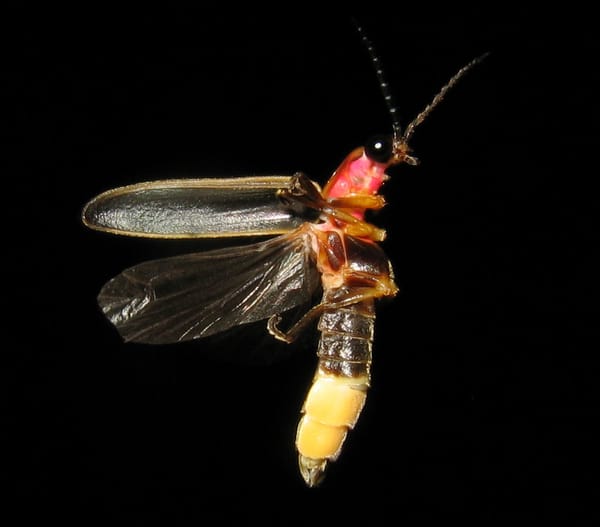Pinterest Gets Slopped

Via Futurism: Pinterest has an AI slop problem, with AI-generated content dominating search results across vast ranges of categories.
At least, that’s the claim. I poked around Pinterest for a few minutes in the food section, and… maybe? There are definitely a lot of very similar websites out there, but I didn’t get to “these photos are definitely AI” as fast as the linked article did. It’s possible that people are just copying what works. And it’s pretty easy to imagine LLMs generating content that looks like everything else out there, since that’s basically what they do, so, sure.
Of course, the article also points out someone’s YouTube channel (I won’t link to it) that explains how they’re doing exactly what’s alleged, so yeah, it’s happening, and the odds are pretty good that it’ll continue to happen at an increasing scale as word continues to spread and automation tools continue to expand.
(A brief aside, VegNews once got into trouble for using stock photos of non-vegan foods to illustrate their vegan recipes. AI imagery takes that to a whole new level. Also, I should point out that just because a recipe is AI generated doesn’t mean it’s bad; I’ve had good luck on my nights to cook with asking a GPT to tell me how to make “the best whatever ever.” But at least I knew what I was getting into. These sites (allegedly) aren’t disclosing that their recipes are completely theoretical.)
This might just be an inevitable trend that nobody really thought would hit the scales that are currently happening. Fun fact: many years ago search engines would proudly display how many pages of the internet they’d indexed. Here’s Google’s history in the earlier days:
| Year | Pages Indexed |
|---|---|
| 2002 | 3 billion |
| 2003 | 4 billion |
| 2004 | 8 billion |
| 2005 | 25 billion |
(Sources: Daniel Lemire, Google)
Now, these are self-reported numbers, and it could have just represented Google expanding capacity, but I recall that era, and there was definitely a lot more internet than there used to be in a short period of time. What drove this publishing explosion?
Here’s a theory: Google introduced Adsense in 2003, a very accessible means of monetizing content.
Mass-produced content has been around for at least 20 years, but AI creates a new level of scale for Made For Advertising sites. Search engines may or may not be able to limit their visibility to the average user. Meanwhile, alternate traffic sources - like Pinterest - have to develop their own solutions.
Or maybe not, depending on their KPIs! More uploaded content might be desirable to these platforms. And hey, isn’t it refreshing to be swamped with generic content instead of nightmare fuel for the moderation teams?
We’re entering an era with effectively infinite content, which means infinite inventory for ad servers. With infinite content comes infinite ad inventory - but also a race to the bottom for ad rates. That leaves publishers with two choices: go behind a paywall or fight for shrinking ad revenue. Public-facing publishers will face growing ad price pressure. Without a dedicated sales team to prove their value to advertisers, they’ll struggle to compete. That requires scale, which requires budget, which requires ad revenue, which…
As an aggregator, Pinterest may or may not be the first to fall, but online publishing as a whole is going to face real challenges to rise out of the emerging swamp.



